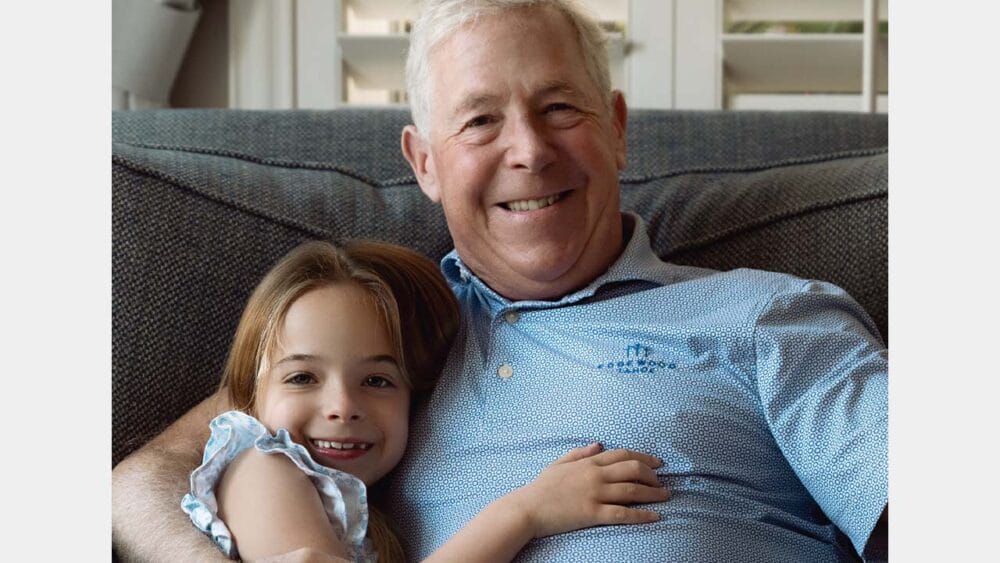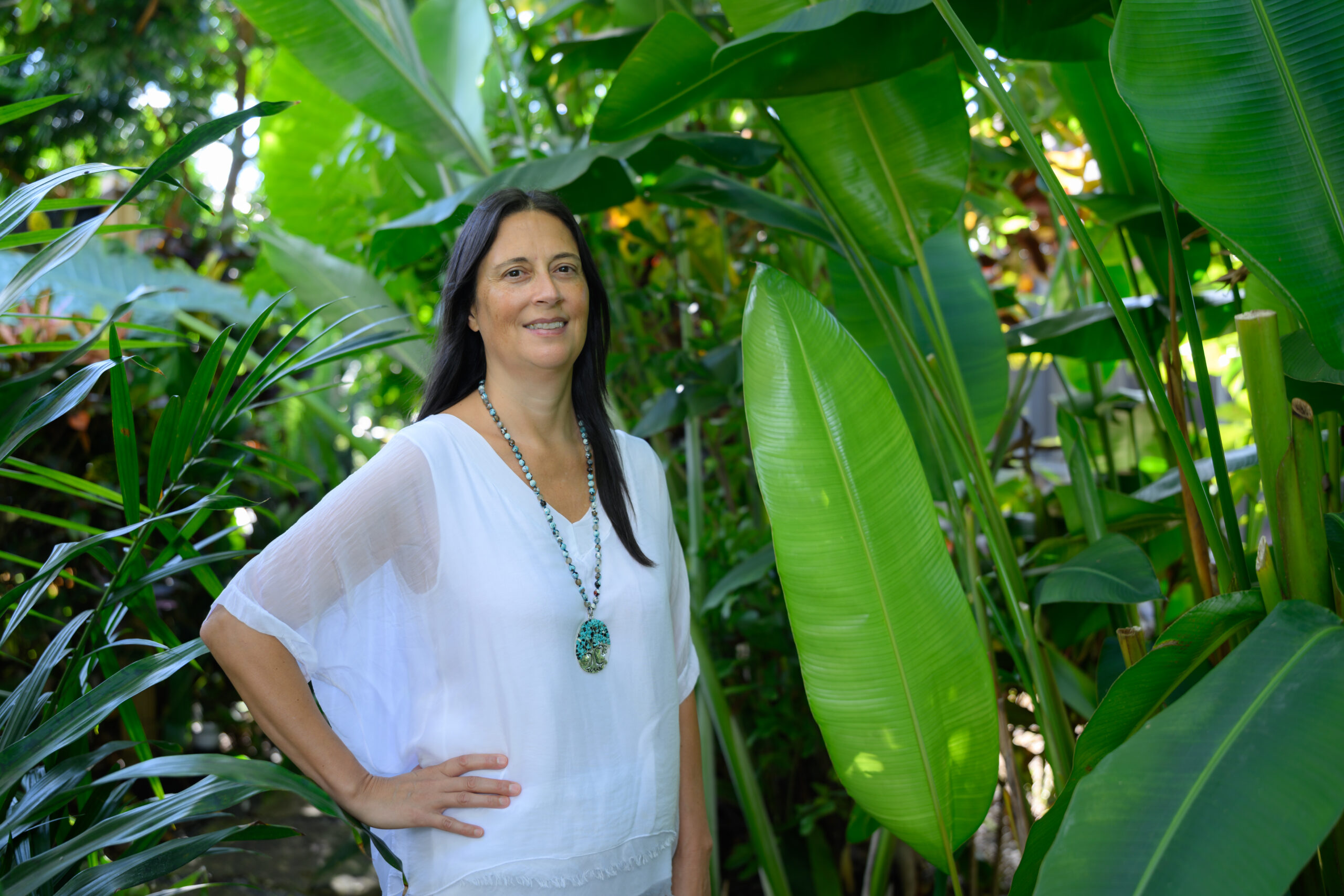In understanding how to develop a plan for executing surrogacy, you need to first understand surrogacy. My partner and I spent a lot of time researching this before the birth of our daughter, Caroline. Because I’ve been in commercial real estate development for many decades, I’m going to some parallel to help make the surrogacy plan process more easily understood.
Surrogacy is a practice where a woman (the surrogate) carries and delivers a baby for another person or couple (the intended parents) who cannot conceive or carry a pregnancy to term themselves. It’s a complex process that involves legal, medical and emotional considerations.
A traditional surrogate refers to a woman who shares a genetic link to the child. Gestational surrogacy, which is the process we used, is more common and involves the implantation of an embryo created using the eggs and sperm of the intended parents or donors. In this case, the surrogate has no genetic relationship with the child she carries. Gestational surrogacy is typically the preferred option because it allows the intended parents to be genetically related to the child.
The process of surrogacy involves serval steps:
- For our surrogacy plan, we hired a “general contractor,” Growing Generations, based in Santa Monica, Calif. Its role was to coordinate all the activities necessary for a successful outcome. This included the following:
- Assisting both of the intended parents as well as the surrogate to undergo extensive physical and psychological screening to ensure they are suitable candidates for the process.
- Assisting in recommending the hiring of an “entitlement attorney,” the attorney responsible for drawing up legal contracts that outline the rights, responsibilities, and expectations of all parties involved, including issues such as parental rights, financial arrangements and potential risks.
- Pointing us in the right direction of hiring the right “architect” (the in vitro fertilization doctor). IVF is a complex medical procedure that requires specialized knowledge and skills. A qualified IVF doctor will have the expertise and experience necessary to navigate the various stages of the process, from initial consultation to embryo transfer, with precision and care. Hiring the right IVF doctor is essential for maximizing the chances of success, ensuring personalized and compassionate care, and navigating the emotional and ethical complexities of the IVF journey.
- Choosing the right egg donor for surrogacy involves careful consideration of various factors, including the physicality and health history of both the donor and the intended parents. Here are some steps to help evaluate these aspects:
- Genetic health: Assess the genetic health history of both the intended parents and the egg donor. Look for any hereditary conditions or diseases that may be passed on to the child.
- Physical characteristics: Consider physical traits such as height, weight, eye color, hair color, and complexion. The goal might be to find a donor whose physical characteristics align with those of the intended parents, although this is not always a priority for everyone.
- Medical screening: Ensure that the egg donor undergoes comprehensive medical screening. This should include tests for infectious diseases, genetic disorders and general health assessments.
- Fertility screening: Verify the egg donor’s fertility status through tests such as ovarian reserve testing (the number of eggs remaining), hormone evaluations and ultrasounds to ensure she is capable of producing healthy eggs.
- Family health history: Inquire about the family health history of the egg donor. This can provide valuable insights into potential genetic predispositions to certain health conditions.
- Lifestyle factors: Consider the lifestyle factors of the egg donor, such as diet, exercise habits and substance use. These factors can impact the health of the donor’s eggs and potentially influence the health of the child.
- Psychological evaluation: While not directly related to physical health, it’s essential to assess the mental and emotional well-being of the egg donor. A psychological evaluation can help ensure the donor is mentally prepared for the process and understands the implications of egg donation.
- Matching preferences: Take into account any specific preferences or criteria that the intended parents may have regarding the egg donor. This could include cultural background, educational achievements or personality traits.
- Legal considerations: Ensure that all legal aspects of the egg donation process are properly addressed, including contracts outlining the rights and responsibilities of all parties involved.
By carefully evaluating these factors for a surrogacy plan, intended parents can make an informed decision when selecting an egg donor for surrogacy, ultimately increasing the chances of a successful and healthy pregnancy.
- Assisting in hiring additional consultants. In our case, we hired an IVF consultant who assisted us in identifying the IVF physicians with the best track record of success in the United States.
- Assisting us in the “construction” process, in which the intended mother or an egg donor undergoes ovarian stimulation and egg retrieval, while the surrogate undergoes hormone therapy to prepare her uterus for embryo implantation. Once embryos are created via IVF, they are transferred to the surrogate’s uterus.
- Assisting us in walking us through pregnancy and birth. The surrogate carries the pregnancy to term and gives birth to the baby. Throughout the pregnancy, there may be legal, doctor appointments and emotional support provided to all parties involved.
- And, finally, assisting us with the proper legal procedures after birth. After birth, legal procedures are followed to establish the intended parents’ legal parentage of the child, which can vary depending on the laws of the country or state where the surrogacy took place.

Surrogacy can be a deeply rewarding experience for all involved, but it also comes with challenges and ethical considerations. It’s important for all parties to fully understand the process, their rights and the potential emotional and legal implications before embarking on a surrogacy journey.
F. Thomas Godart and Brenden Berleen have been in a committed relationship for over 17 years. They are both the parents of Caroline Suzanne Godart and listed on her birth certificate. Godart is managing director of Godart Florida Real Estate Investments and specializes in assembling off market real estate development projects that include large master planned communities, multifamily rental projects and condominiums ranging from garden style communities to high-rises.
Photo credit: Paul Gatgens photography















